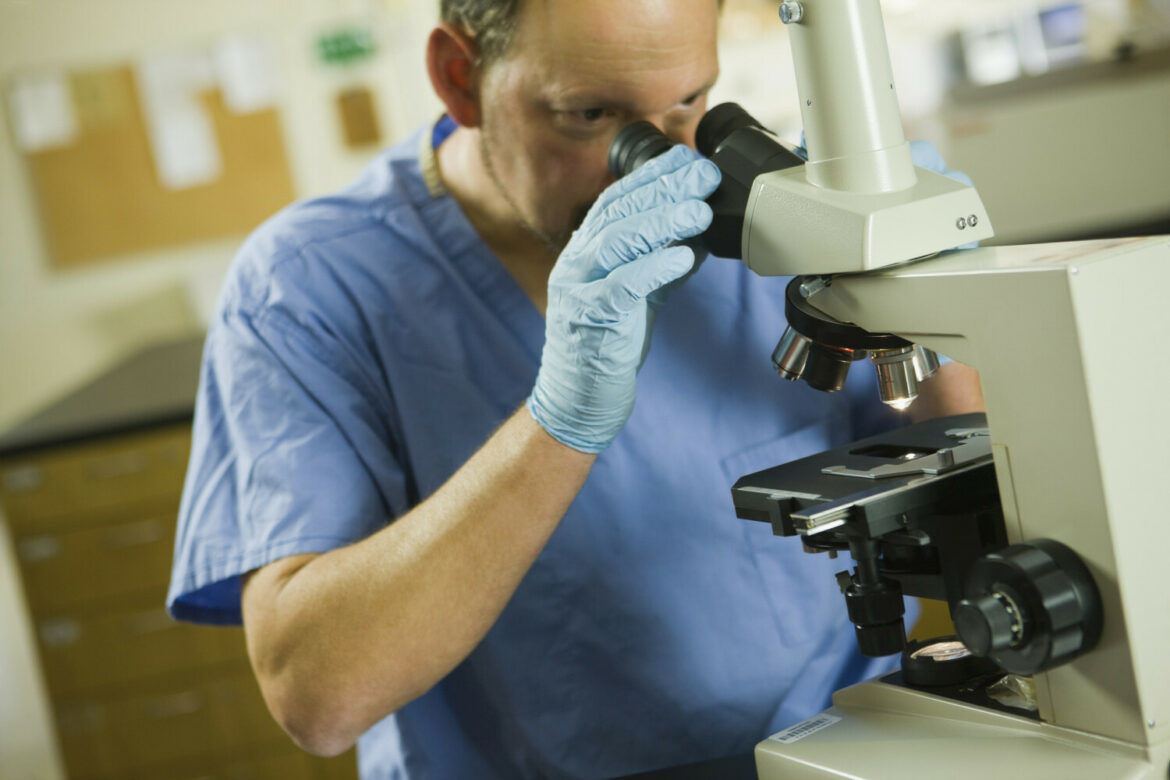Dr Lukasz Szymanski, a scientist from the Institute of Animal Genetics and Biotechnology at the Polish Academy of Sciences is developing a nanofibre biomaterial that can be applied directly to the fracture site using a syringe. The aim is to speed up the process of bone fusion, especially in situations where the natural regeneration process is hindered.
For his research, Dr Lukasz Szymanski won a grant of 1.8 million in the LIDER competition of the National Research and Development Centre. The grant winner is working on the development of nanostructured polymer scaffolds. These are formed using the electrospinning technique (electrostatic forces), creating an environmentally friendly structure. They incorporate specially selected peptides and amino acids that stimulate bone growth and regeneration, while promoting collagen production.
The nanofibres in the material are designed to facilitate the transport of nutrients in the tissue and contain silver nanoparticles that prevent bacterial growth and promote blood vessel formation.
The use of the new biomaterial has four key benefits. Firstly, it transmits special signals that make it easier for stem cells to populate the fracture site. Secondly, nanofibres in the material create pores that facilitate the penetration of nutrients. The third advantage is the stimulation of the bone healing process. Last, but not least advantage is the ease of use of the biomaterial, which is a significant convenience for orthopaedists and medical staff.
Current methods of treating fractures, including bone grafting or scaffold implantation, are costly and often involve the risk of complications. The biomaterial being developed by Dr Szymanski could revolutionise this process, offering a less invasive and potentially more effective alternative. Its use could also benefit facio-maxillofacial surgery and dentistry, opening up new treatment options in these areas.
Arkadiusz Słomczyński





